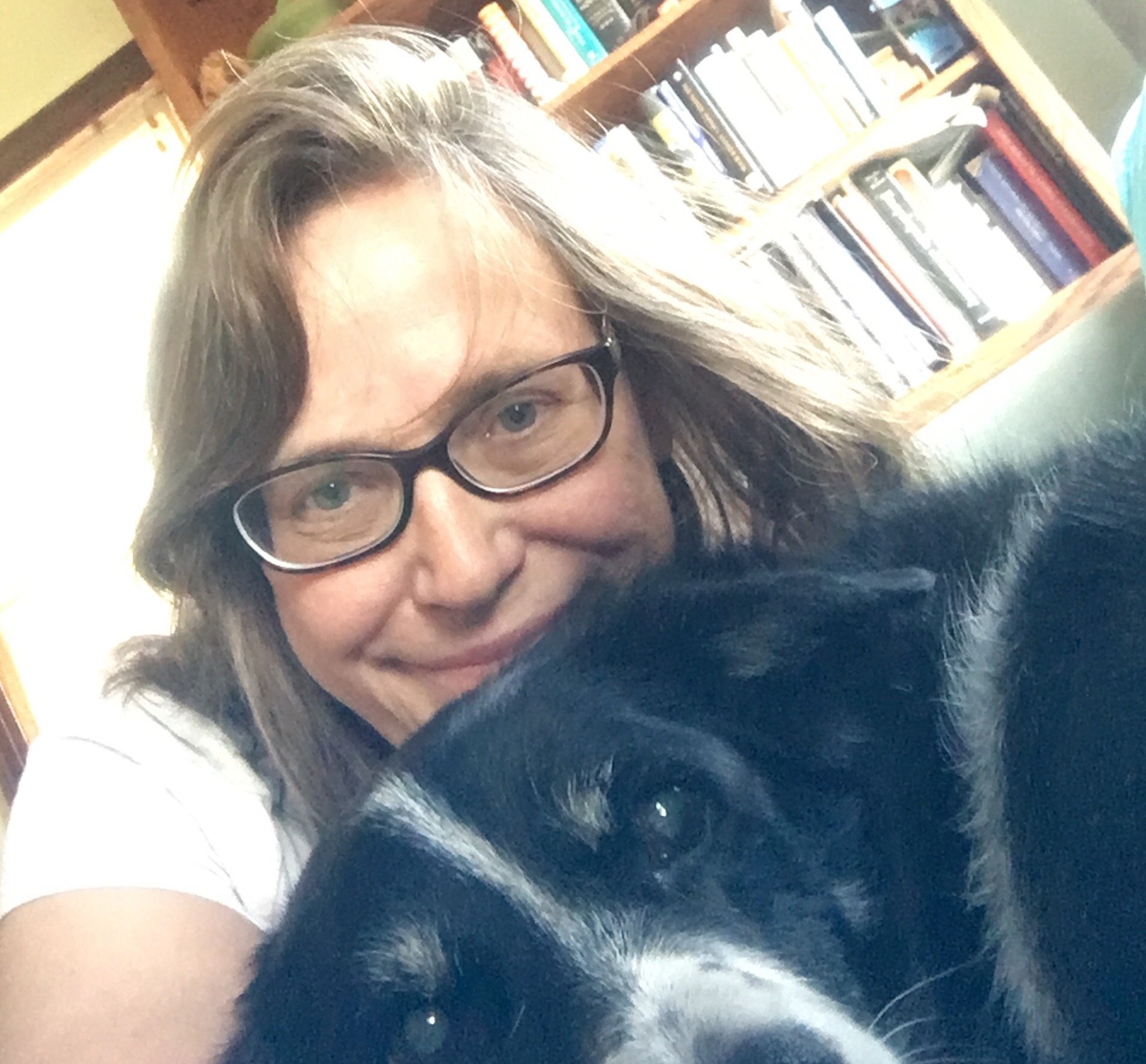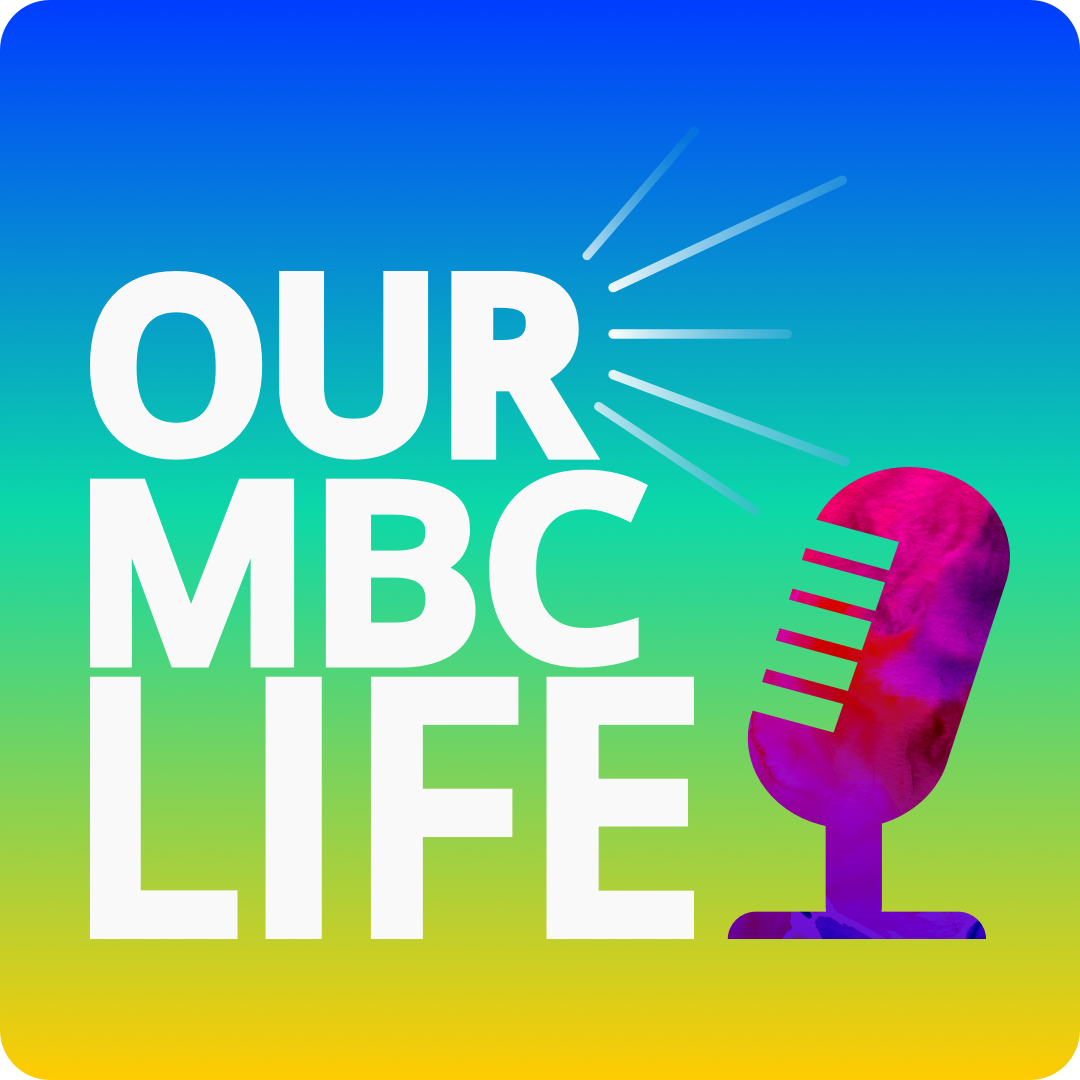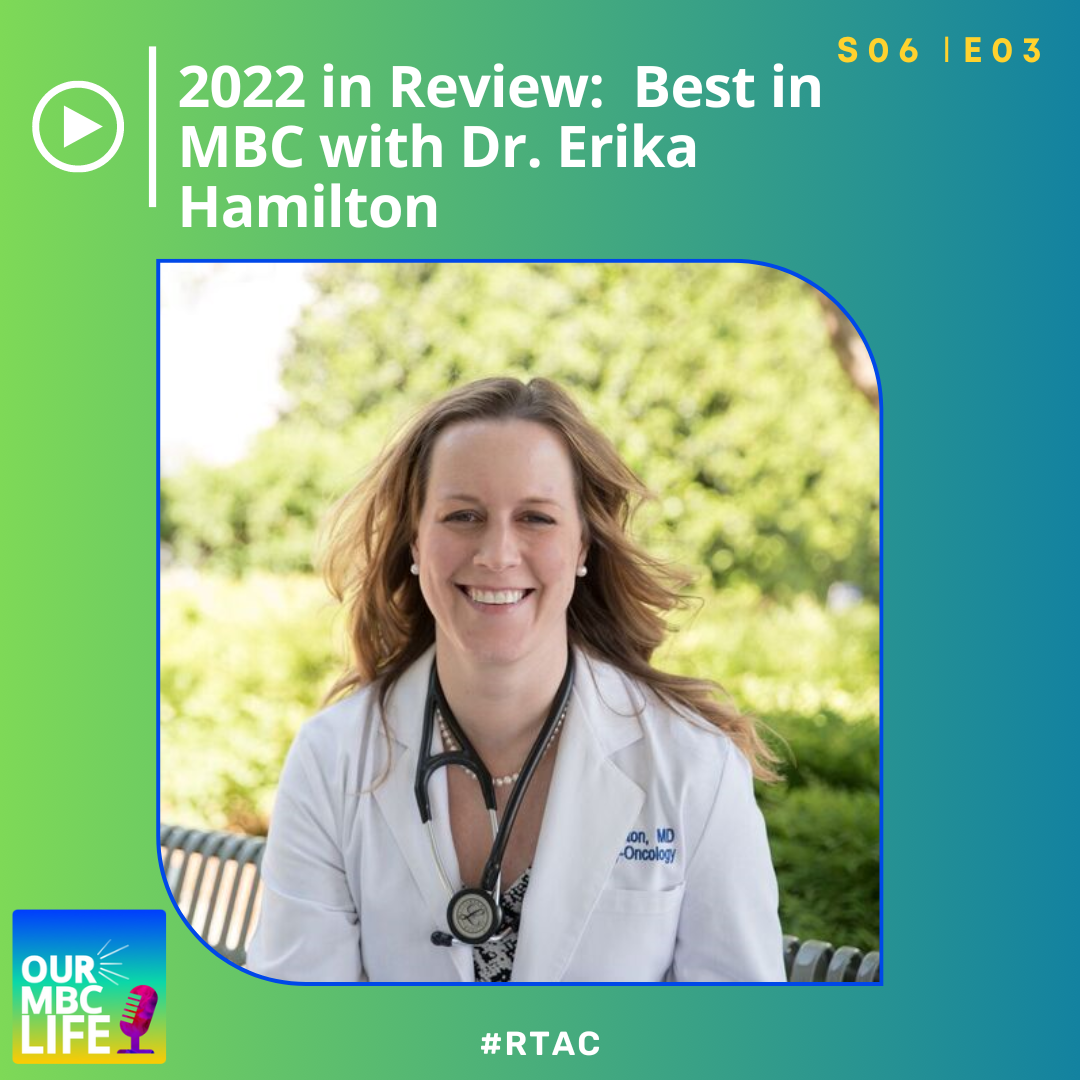
Martha has spent most of her professional life focused on communication, as a writer, editor, and proofreader. Diagnosed with de novo metastatic breast cancer at 50 years old and with three pre-teen and teen children, she turned to writing to help process this sudden heartbreaking change to her present and future. Through those published pieces, she found the world of formal metastatic breast cancer advocacy. In 2017, she was part of Living Beyond Breast Cancer’s Hear My Voice class, returning in 2018 as an HMV mentor. Martha went through Project LEAD with the National Breast Cancer Coalition, has been a patient advocate mentor for GRASP, and has lobbied and reviewed LOIs for Metavivor, among other advocacy activities. She continues to write regularly for Cure magazine as a Voices contributor and has written for other publications and sites about her experience living with metastatic cancer. Among her most beloved invitations-to-write was a request from visual artist Valerie Roybal, for her work titled For-Get-Me-Not. Valerie died of metastatic breast cancer in 2018, before the gallery event showcasing this work, which used images and words to express life with a progressive and sometimes invisible disease. In addition to her work with the Metastatic Breast Cancer Alliance, Martha is a research partner in funded research and in patient-led research projects. The focus of her advocacy efforts continues to be on communicating with patients, care providers, pharmaceutical companies, and the public about why the patient experience matters and how we can work together to make lives better now and in the future.
Martha Carlson

Hosted, Produced, Participated In…
Senior Producer and Host














